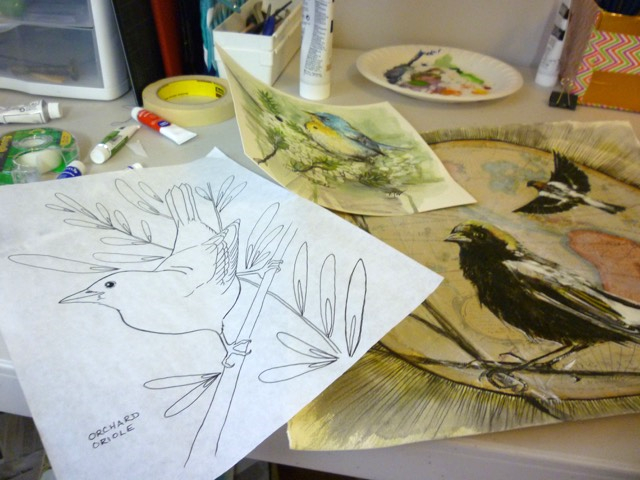Bumble Bees: The Next Endangered Species?
In an effort to reduce the decline of bumblebees The Society for Invertebrate Conservation and University of California
at Davis entomologist Robbin Thorp formally petitioned the U.S. Fish and
Wildlife Service to protect the insect — called a Franklin's bumblebee —
under the Endangered Species Act.
Twelve years of surveys conducted by Dr. Robbin Thorp clearly show
that this species has declined steadily. The decline has been so severe
that only a single Franklin’s bumble bee was observed in 2006 and none
since.
“Over the last 12 years I have watched the populations of this bumble bee decline precipitously,” said Dr. Robbin Thorp, Professor Emeritus at the University of California, Davis. “My hope is this species can recover before it is too late.”
The cause of the catastrophic decline of Franklin’s bumble bee is hypothesized to be an escaped exotic disease that may have spread from commercial bumble bee colonies to wild bumble bee populations. Research in Dr. Sydney Cameron’s lab at the University of Illinois is underway to test this hypothesis. Other threats that may be harming Franklin’s bumble bee populations include habitat loss and degradation, climate change, pesticide use, and invasive plant species.
The group is preparing petitions to protect other bumblebee species as well. The Associated Press reports that bees pollinate about 15 percent of all crops grown in the nation, worth $3 billion.
Visit The Xerces Society for more info on this petition and bee conservation. The full petition is available here.
Image copyright Peter Schroeder
Franklin's bumble bee (Bombus franklini) on California poppy (Eschscholzia
californica)
“Over the last 12 years I have watched the populations of this bumble bee decline precipitously,” said Dr. Robbin Thorp, Professor Emeritus at the University of California, Davis. “My hope is this species can recover before it is too late.”
The cause of the catastrophic decline of Franklin’s bumble bee is hypothesized to be an escaped exotic disease that may have spread from commercial bumble bee colonies to wild bumble bee populations. Research in Dr. Sydney Cameron’s lab at the University of Illinois is underway to test this hypothesis. Other threats that may be harming Franklin’s bumble bee populations include habitat loss and degradation, climate change, pesticide use, and invasive plant species.
The group is preparing petitions to protect other bumblebee species as well. The Associated Press reports that bees pollinate about 15 percent of all crops grown in the nation, worth $3 billion.
Visit The Xerces Society for more info on this petition and bee conservation. The full petition is available here.



Comments
Post a Comment